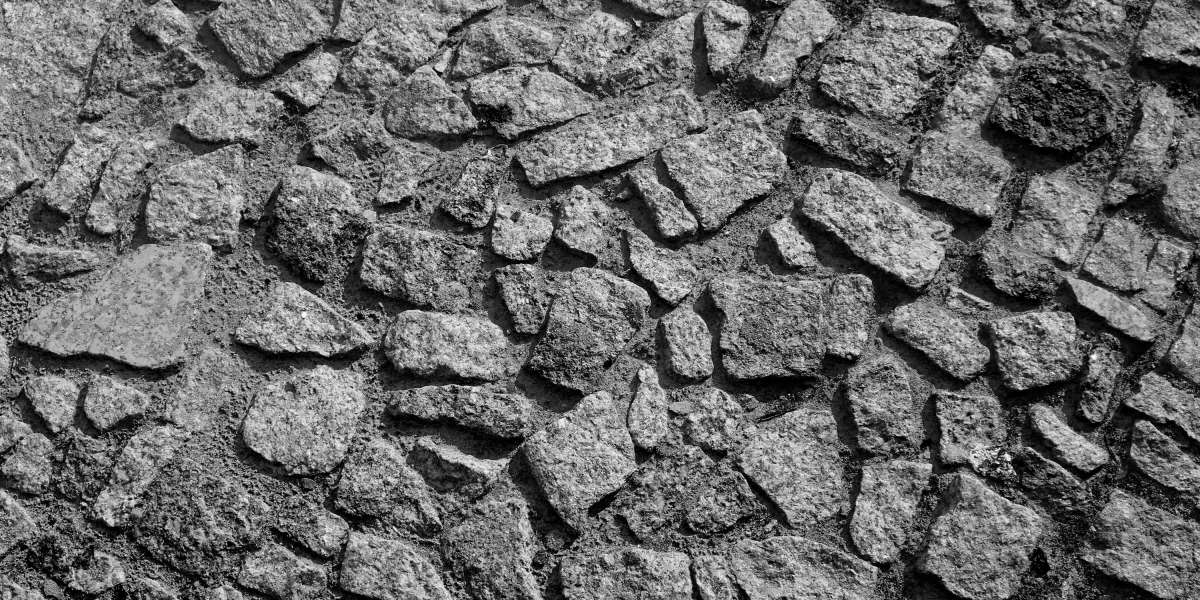The world of car care is in the midst of a technological and cultural revolution. The simple bucket of soapy water and can of paste wax has been replaced by a high-tech arsenal of chemical solutions. As of late 2025, the Automotive Care Products Market Trends are being driven by a consumer base that is more knowledgeable, more environmentally conscious, and more demanding of performance and convenience than ever before. From "self-healing" coatings to water-saving washes, these trends are defining the future of vehicle maintenance and aesthetics.
1. The Ceramic (and Graphene) Revolution
This is the single most dominant trend in paint protection, having almost completely disrupted the traditional wax market.
Traditional Wax: Carnauba waxes offered a deep, warm shine but had poor durability (lasting weeks) and were labor-intensive to apply.
Ceramic Coatings: These are liquid polymers (often Sio2, or silicon dioxide) that chemically bond with a vehicle's paint. They create a hard, semi-permanent (lasting years) protective layer that is incredibly hydrophobic (repels water), resistant to chemicals and UV rays, and provides a candy-like gloss.
The Trend (2025): The innovation is in ease of use. While professional ceramic coatings are still popular, the massive growth is in hybrid ceramic sprays and graphene-infused coatings. These "ceramic-hybrid" products (from brands like Turtle Wax, 3M, SONAX, etc.) offer many of the benefits of a true coating (insane water beading, durability of months) in an easy-to-apply, spray-on-wipe-off format that the average DIYer can use. Graphene is the new buzzword, with manufacturers adding it to formulations claiming it offers even better heat resistance and water-spot prevention.
2. The Eco-Friendly & Waterless Mandate
Environmental consciousness is a major consumer driver, especially in water-scarce regions.
Waterless Washes: This trend is huge in urban India. These are high-lubricity sprays that encapsulate dirt, allowing a car to be safely washed with just a few microfiber towels and no running water.
Rinseless Washes: A similar concept, requiring only a single bucket of water to wash an entire car.
Eco-Friendly Formulations: A strong consumer pull towards products that are biodegradable, pH-neutral, and free from harsh solvents or acids (e.g., acid-free wheel cleaners). Brands are actively marketing their sustainable credentials.
3. The E-Commerce & D2C Boom
How products are sold has been completely transformed.
Digital Shelf Space: Brands no longer need to fight for limited space in a physical auto parts store. They can sell directly to consumers (D2C) via their own websites or on giant marketplaces like Amazon and Flipkart.
Content as Marketing: The trend is to build a community. Brands create extensive how-to video content on YouTube and Instagram, teaching consumers how to use their products. This educational marketing builds trust and drives sales directly. Enthusiast brands like Chemical Guys and Adam's Polishes were built almost entirely on this model.
4. The "Inside-Out" Focus on Interior Care & Hygiene
The post-pandemic world has placed a new emphasis on the vehicle interior as a living space.
Sanitizers and Disinfectants: There is a huge market for interior cleaners that are specifically formulated to be safe on automotive surfaces (leather, plastic, screens) while also disinfecting them.
Advanced Protectants: The trend is moving away from greasy, high-shine dashboard "protectants" (which can attract dust and cause glare) and towards premium, matte-finish interior detailers that provide UV protection and an anti-static, factory-new look.
Odor Elimination: Advanced odor-eliminating "bombs" and sprays that don't just mask smells but chemically neutralize them are a major trend.
5. The Rise of the Professional Detailer (DIFM)
While DIY is growing, the "Do-It-For-Me" (DIFM) segment is also booming.
The "Detailing Studio": The rise of high-end detailing studios, especially in cities like Pune and Mumbai, has created a massive B2B market for professional-grade products, particularly long-term ceramic coatings.
The "At-Your-Doorstep" Service: App-based services that offer a full car wash and detailing at the customer's home or office are also a major trend, creating B2B demand for efficient, high-quality bulk products.
These trends paint a picture of a sophisticated, consumer-driven market where technology, convenience, and sustainability are the keys to success.
Frequently Asked Questions (FAQ)
Q1: What is the biggest trend in car wax right now?A1: The biggest trend is the move away from traditional waxes and towards ceramic-based products. Easy-to-use hybrid ceramic sprays, which offer superior durability (months instead of weeks) and extreme water-beading, are dominating the market in 2025. Graphene-infused coatings are the latest innovation on this trend.
Q2: What is a "waterless" car wash?A2: A waterless car wash is a product (usually a spray) that uses high-lubricity polymers to encapsulate dirt particles on a car's surface. This allows the dirt to be safely lifted and wiped away with a clean microfiber towel without needing a hose or buckets of water, and without scratching the paint. It's a very popular trend for eco-friendly cleaning in urban areas.
Q3: How has e-commerce changed the car care market?A3: E-commerce (like Amazon, Flipkart, or brand websites) has made a huge variety of products from around the world accessible to everyone. It has also allowed smaller,














